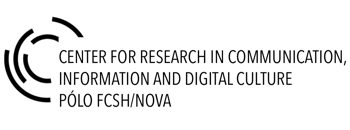Populism after Trump.
The election of Donald Trump as a figure of anti-establishment ideology has posed what Arlie Hochschild, identifies in her study of Tea Party adherents, Strangers in their own Land, the great paradox – how do people who have the least to gain from neoliberal de-regulation of big business and the cutting back of welfare and environmental protection articulate and rationalize their support for the Trump Presidency? As a communicative strategy, Trumpism represents a new form (or at least, a hitherto submerged form) of populism, which challenges, for example, Ernesto Laclau’s theorization of the fundamental link between populism and the empty signifier. Trumpism, by contrast works through an emotionally replete, if conceptually incoherent, representation of a will to power from below.
The focus of this pre-conference symposium will be to map the various features of Trumpism as an ideological strategy that constructs a popular discourse based on feelings rather than rational argument and against the constraints of truth, the exercise of a will to emotional truth.
Contributions are invited for a series of panels that discuss the relationship of Trumpism to the theorization of populism, both within and outside the USA, and the role of the mainstream and social media in sustaining what Baudrillard termed the ecstasy of communication.
Abstracts (300 words) that focus on the following areas, are especially invited, but other contributions will be considered:
Trumpism as a rhetorical strategy
Post-democracy and Post-populism
Celebrity, Reality Television and the Trump persona
Trumpism as an economic boon to media and social media
Trump from the perspective of the “Other” – International responses
Trump and Satire e.g. Little Trump meme, SNL.
Trumpism as Proto-Fascism.
Trump, racism and sexism
Abstracts of 300 words to be received by April 15^th 2017.
Contact: Barry King Popular Culture Working Group.
Barry.king@aut.ac.nz
